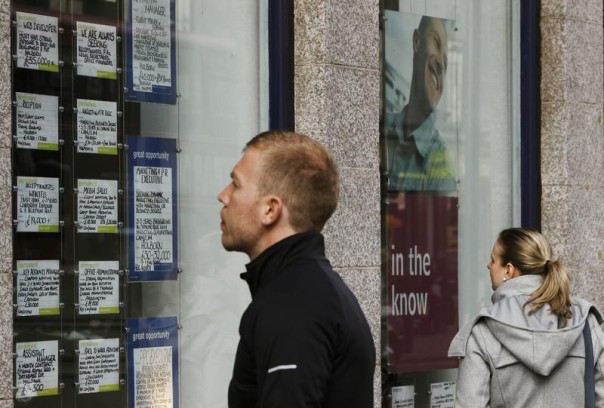Home
About Us
Page 2
In order to do this, USAID and AusAID is seeking applications from for-profit companies, non-governmental organizations and associations, academic/educational research institutions, faith-based organizations, civil society and foundations to propose the use of existing research findings that could potentially impact the comprehension and reading skills of primary grade children.
|
|
In this regard, the innovations could focus on technology, information, and communication advances, all of which having the potential to dramatically benefit learning outcomes at a large scale.
The USAID and AusAID has allocated an maximum budget in the amount of $7,500,000 to support the All Children Reading Competition Program.
All countries across the world will be eligible to participate in the program except Cuba, Iran, Libya, North Korea and Syria.
The organizations and institutions that will be considered eligible to take part in this program are the following:
a) Non-Governmental Organizations (NGOs)
b) For-Profit Organizations
c) Colleges and Universities
d) Private Voluntary Organizations (PVOs)
e) Faith-Based Organizations (FBOs)
f) Local, State, and City or Township Organizations
The All Children Reading Competition Program is very essential to the United States Agency for International Development and the Australian Agency for International Development because it helps them ensure higher rates of child literacy in a global scale.
All Children Reading Competition Program
Back to Page 1
About The Author Iola Bonggay is an editor of TopGovernmentGrants.com one the the most comprehensive Websites offering information on government grants and federal government programs. She also maintains Websites providing resources on environmental grants and grants for youth programs. |
Additional Resources
category - Education Grants
National Science Foundation announces the Cyberlearning: Transforming Education Program
Financing Your Education with Federal Supplemental Educational Opportunity Grants
A Guide to Student Grants and Scholarships
Financing Your Education - Work Study Opportunities
Follow @topgovtgrant
Social Entrepreneurship
Spotlight
Change in the World of Work and Enterprise: Get Young People Into Work

The position young people are dealt with can be complex, and yet the entire economic system is still focused for an age that’s almost gone astray. The solution? Promoting social enterprise and getting these young people integrated into work.
